Vocational schools want to teach high school culture: Where to solve?
The seminar "Removing institutional shortcomings and obstacles in organizing cultural teaching in vocational training schools today" organized by Vietnam Lawyers Magazine on the morning of August 15 attracted the attention of vocational training institutions and policymakers in the context of the Law on Vocational Education being amended.
According to a survey, 80% of vocational school students need to study high school culture to take the graduation exam. However, vocational education institutions are not allowed to organize the teaching of high school culture programs in the regular education system. They must cooperate with regular education centers according to regulations.
Dr. Ho Van Dam, Principal of the Vietnam - Korea Industrial Technical College, said that in current vocational schools, the majority of intermediate level students are students who have just graduated from junior high school. They study culture in two groups: group 4 cultural subjects (organized by the vocational school itself) and group 7 cultural subjects (organized by the Center for Continuing Education).
The number of students participating in the 4-subject cultural program is very small. Therefore, some vocational schools cannot recruit permanent cultural teachers due to insufficient hours, so they have to hire them under contract from general schools. The cost of hiring is too high compared to the tuition fees allowed.
Students of Saigon International College (Photo: SGI).
As a result, some schools do not organize cultural education for this group of students, or only teach in limited ways, causing many students to not be determined to complete the cultural program to continue their studies at college, causing them a great disadvantage.
Associate Professor, Dr. Mac Van Tien, Director of the Institute for Vocational Education Development and Social Security, also pointed out many shortcomings in legal issues, in which current regulations in the Laws are causing difficulties for learners.
Vocational students from junior high school who want to study at college (also known as 9+ system) must go to the continuing education centers to study, at the same time as learning the profession. This causes overload for students and complicates the management and planning of the school's study plan.
Furthermore, even though they study both sides in parallel, there is no guarantee that the output quality of 9+ college students will meet high school cultural standards and vocational college standards.
High school and vocational standards should not be lowered.
From the above shortcomings, Associate Professor, Dr. Mac Van Tien made some recommendations to improve the law and enhance enforcement effectiveness.
Accordingly, it is necessary to synchronize legal regulations so that equipping high school knowledge for learners studying in vocational schools is practical.
At the same time, to ensure the quality of education, training and vocational training, schools must comply with the output requirements of academic diplomas (high school) and vocational diplomas (intermediate, college).
In particular, it is necessary to classify students when entering vocational schools. Those who have the capacity to learn are allowed to study both general and vocational programs in parallel and when graduating must be awarded two diplomas (high school and intermediate or college diploma).
Those who are not qualified should only study one program, the general program only provides minimum knowledge and is certified.
“We should absolutely not lower the standards of high school and the quality standards of vocational qualifications,” Associate Professor, Dr. Mac Van Tien recommended.
Dr. Ho Van Dam proposed allowing vocational schools to build a flexible high school cultural knowledge curriculum that is more applicable, in line with the purpose of providing foundational knowledge for vocational education.
Dr. Pham Xuan Khanh, Principal of Hanoi College of High Technology, pointed out that one of the main causes of confusion in organizing cultural teaching at vocational schools is the lack of unity, even contradictions, between legal documents.
Students register for admission at Hanoi College of Electromechanics (Photo: Hanoi College of Electromechanics).
Therefore, the first solution is to complete the legal framework and unify regulations in the direction of specifying the task of organizing high school culture teaching for junior high school graduates and students studying at vocational intermediate level.
Second, it is necessary to clearly establish an inter-sectoral coordination mechanism in organizing cultural teaching. This mechanism needs to clearly stipulate the following contents: Responsibilities of each level; management decentralization for cultural teachers; regulations on recognition of cultural learning results and learning roadmap to higher levels.
Third is to establish a suitable learning path for junior high school graduates to avoid overload and overlap between vocational and cultural subjects.
At the discussion, Dr. Vu Van Ha, Deputy Head of the Department of Continuing Education, Department of Vocational Education and Continuing Education, Ministry of Education and Training , said that at the recent 48th Session, the National Assembly Standing Committee gave opinions on the draft Law on amending and supplementing a number of articles of the Law on Education, the draft Law on Higher Education (amended); and the draft Law on Vocational Education (amended).
“The Ministry of Education and Training is finalizing the above draft laws. After the laws are promulgated, there will be new circulars and regulations in accordance with the amended laws to provide specific guidance for schools to implement,” said Mr. Ha.
Source: https://dantri.com.vn/giao-duc/80-hoc-sinh-truong-nghe-muon-hoc-van-hoa-nhieu-truong-than-kho-20250815144437531.htm


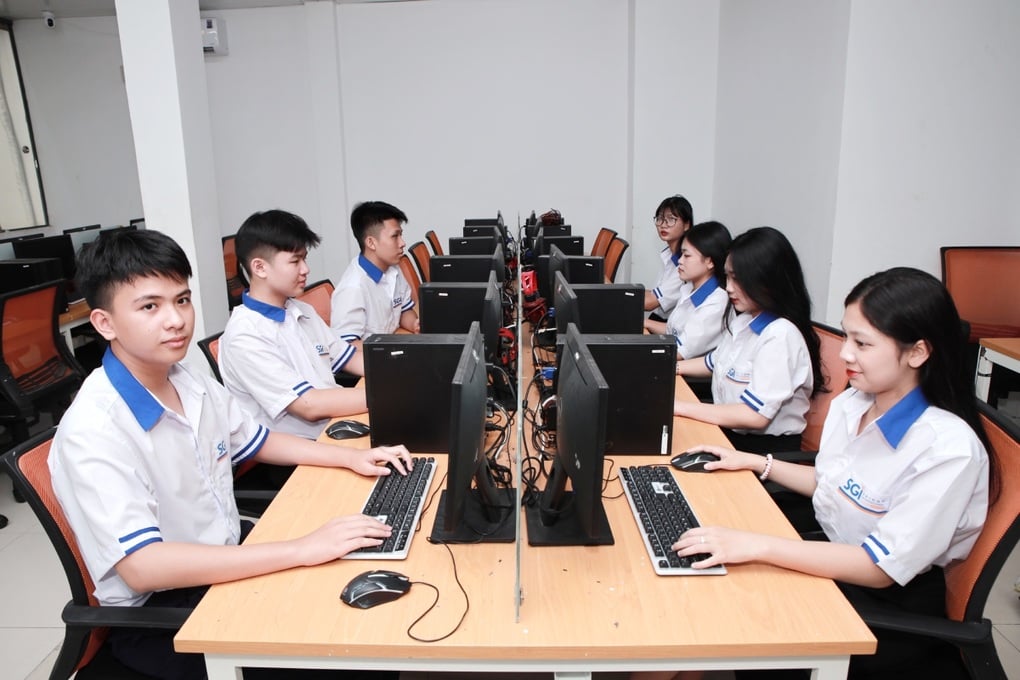
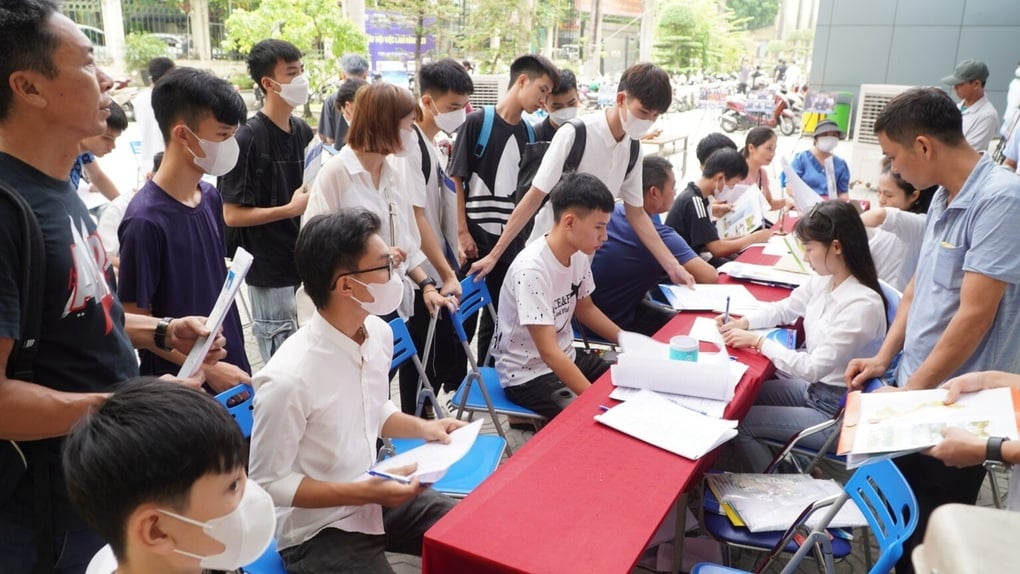

![[Photo] 60th Anniversary of the Founding of the Vietnam Association of Photographic Artists](/_next/image?url=https%3A%2F%2Fvphoto.vietnam.vn%2Fthumb%2F1200x675%2Fvietnam%2Fresource%2FIMAGE%2F2025%2F12%2F05%2F1764935864512_a1-bnd-0841-9740-jpg.webp&w=3840&q=75)



![[Photo] Cat Ba - Green island paradise](/_next/image?url=https%3A%2F%2Fvphoto.vietnam.vn%2Fthumb%2F1200x675%2Fvietnam%2Fresource%2FIMAGE%2F2025%2F12%2F04%2F1764821844074_ndo_br_1-dcbthienduongxanh638-jpg.webp&w=3840&q=75)


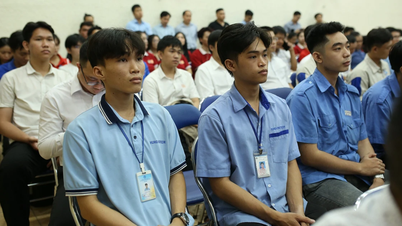
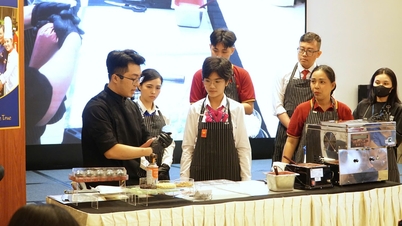

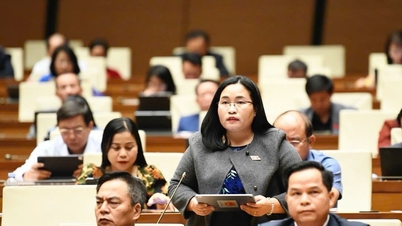

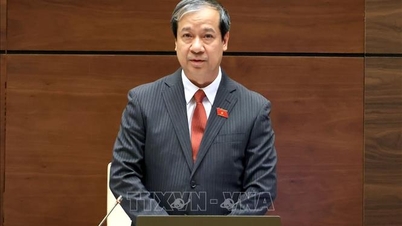

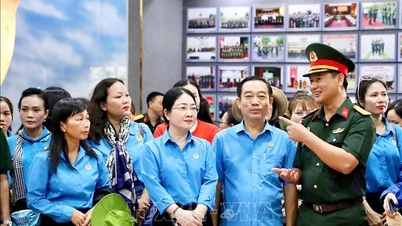

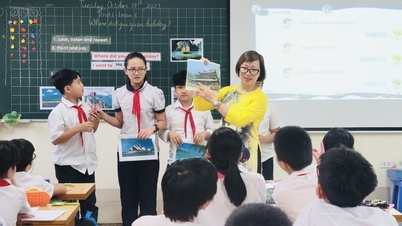


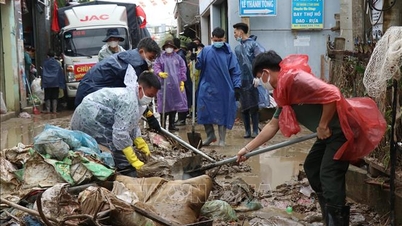



















































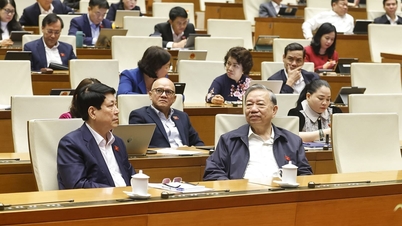








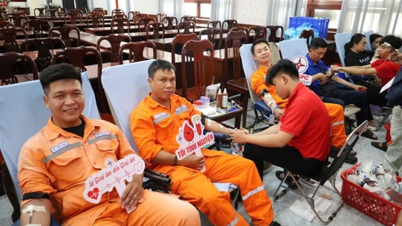

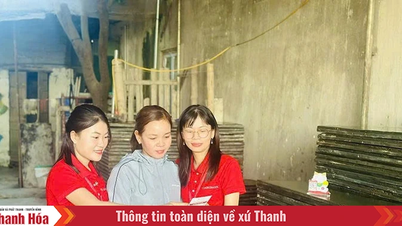





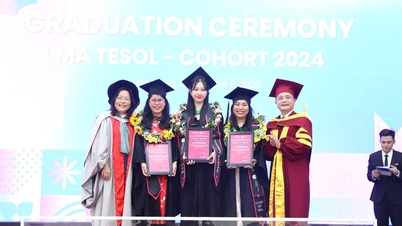











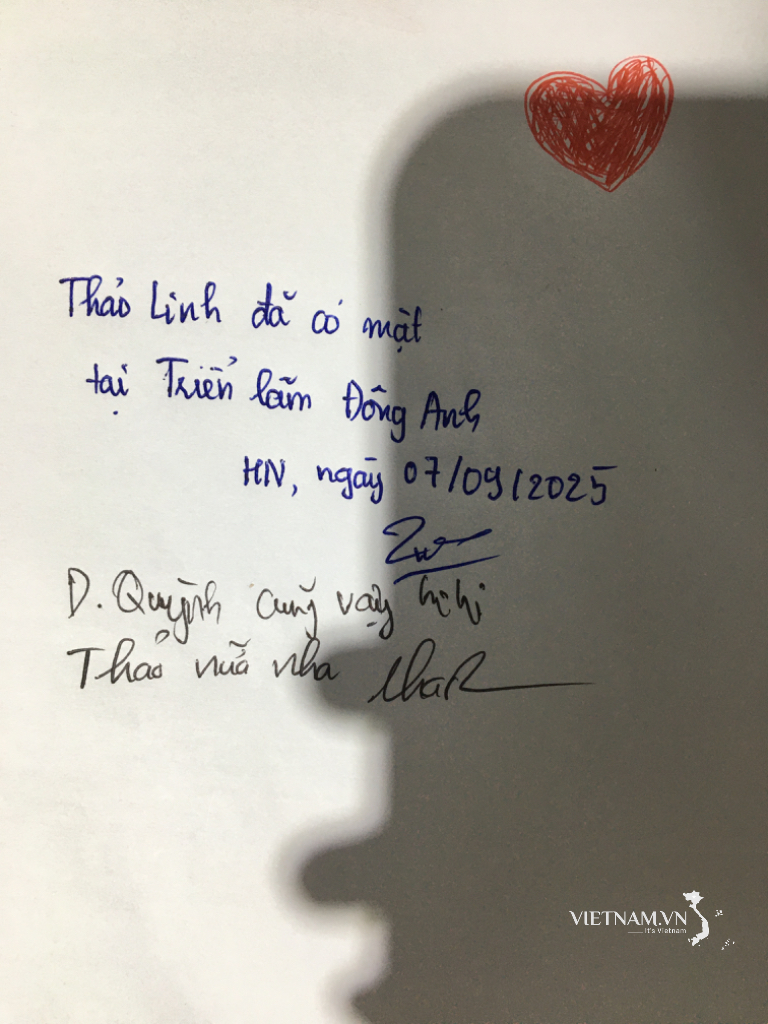






Comment (0)